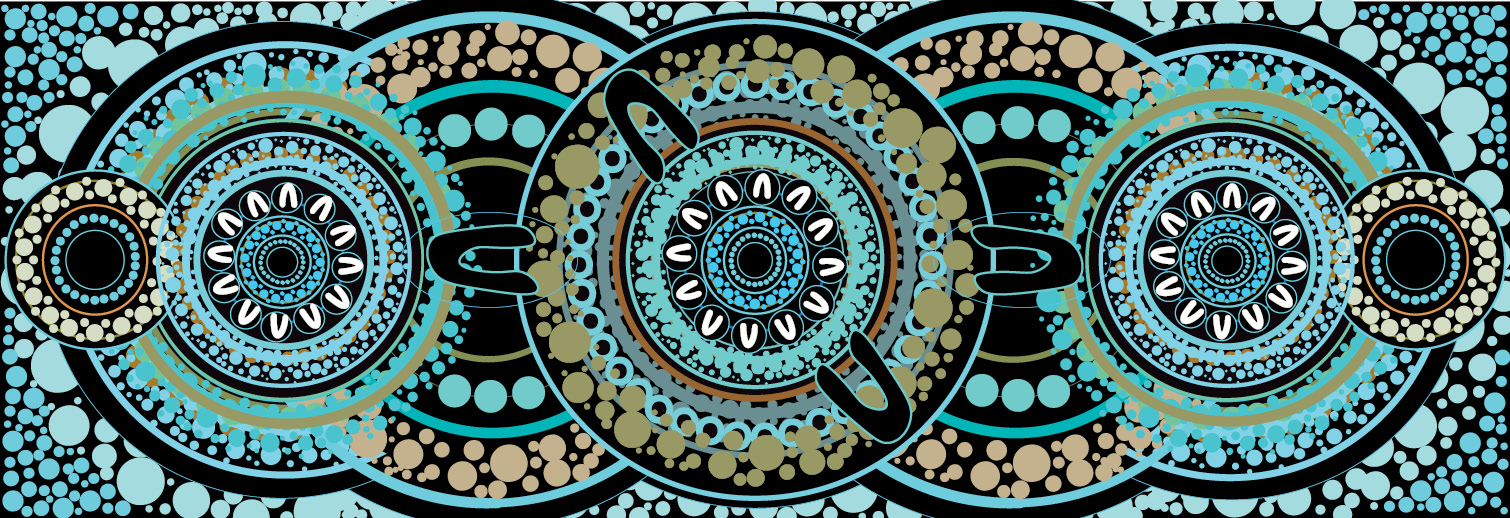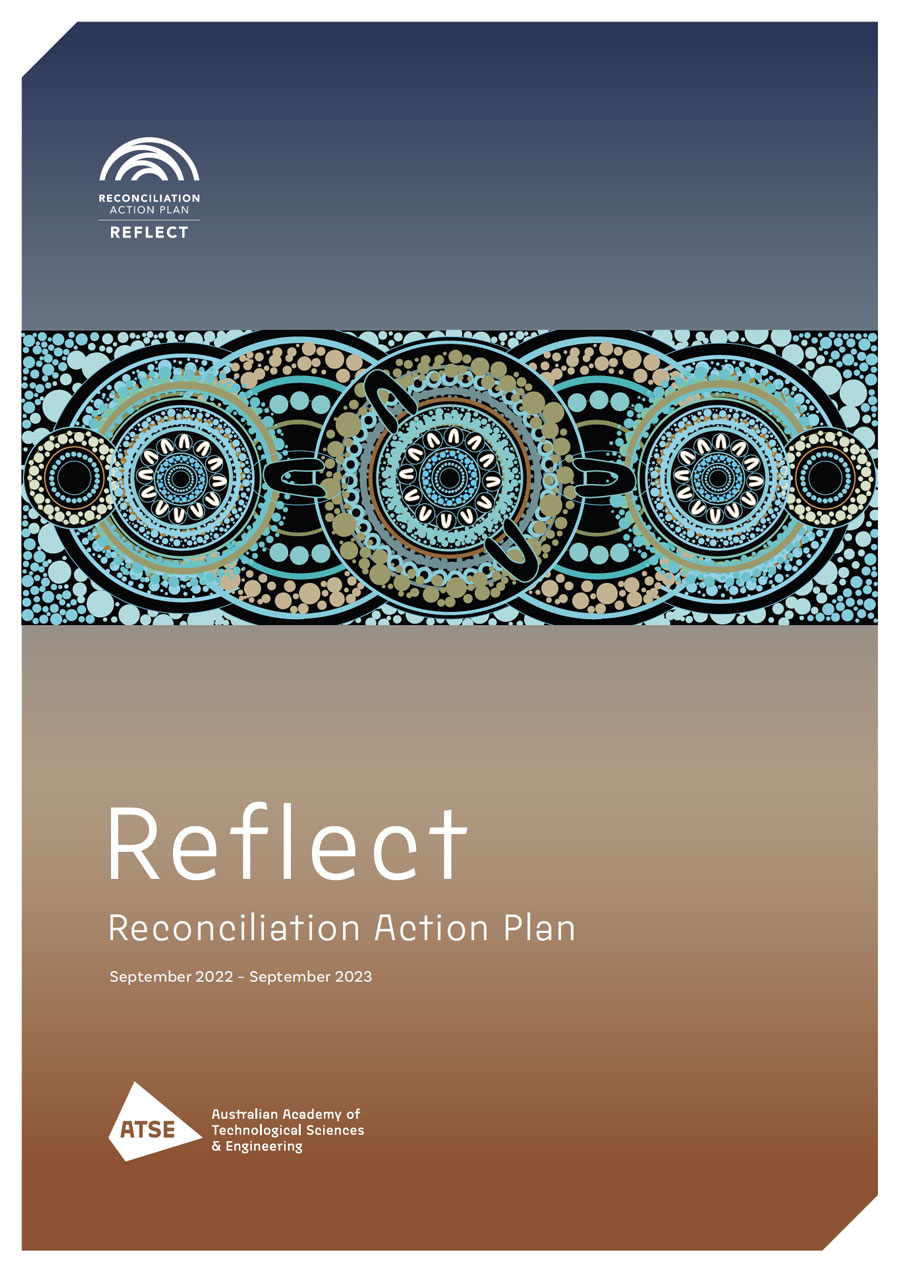
Acknowledgement of Country
We acknowledge the custodianship of the lands and waters on which our staff work — the Ngunnawal people and the Wurundjeri Woi Wurrung people — and the many lands and waters across Australia on which our Fellows work, live, and apply science, technology and engineering. We acknowledge that other people and families also have a traditional connection to the lands of the ACT and region and we respect this connection to country.
We acknowledge the Traditional Owners and pay respects to their Elders. We acknowledge Traditional Knowledge, and the deep history of innovation it embodies.

Our vision for reconciliation is that all Australians recognise and value Aboriginal and Torres Strait Islander custodianship as one of the oldest knowledge systems on the planet. Through respectfully working with, listening and learning from current Traditional Knowledge holders and practitioners in science and engineering we will build a better nation and a healthier, more sustainable world.
Download our Reconciliation Action Plan
Our RAP artwork
Artist
Lynnice Letty Church
Tribes
Ngunnawal, Wiradjuri and Kamilaroi
(ACT and surrounding region / NSW)
Artwork title
Knowledge Systems and Holders
The artwork tells the story of two knowledge systems. These are the knowledge systems of Aboriginal and Torres Strait Islander peoples that acknowledges the importance and validity of cultural practice and knowledge that has been passed down from our Elders and Senior Knowledge holders for thousands of years over many generations. This knowledge system has played a significant role in the responsibilities of caring for each other, our cultural practices and country. These knowledge systems helped us to understand the land, sea, rivers, sky, plants and animals important to our survival and connection.
This created our collective knowledge system where each person played a role and part. We listened, observed and put into practice what we were taught and then shared with others and our younger children and generations.
This is the same for other knowledge systems, we have knowledge holders and senior people who are experts and teachers who play an important role in sharing and helping others to learn and understand. Through their guidance and support we learn the ways of caring for each other, our environment and using science, technology, engineering and maths to help us to solve new and emerging challenges. Each person is a knowledge holder with diverse skills, experiences, knowledge and expertise that play an important role.
Together these two worlds and knowledge systems are important and of equal value.
Evidence and ways of doing things may look different but they are just as valid and credible.
Providing those opportunities to develop relationships between Aboriginal and Torres Strait Islander people and the science, technology, engineering and maths spheres and experts is key to creating a collective knowledge system where we value these differences and see them as a strength. This creates a collective knowledge system built on respectful relationships, diversity and reciprocal opportunities to engage. This provides the platform for collaboration and a shared journey and understanding.